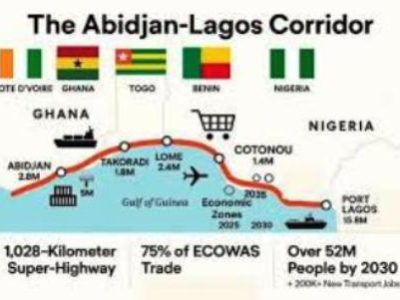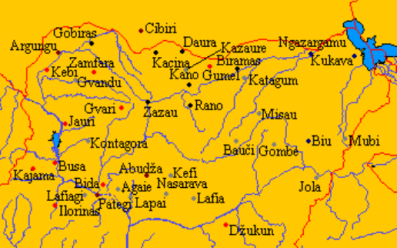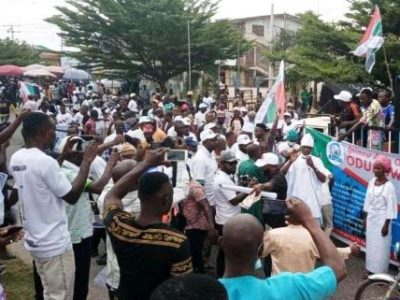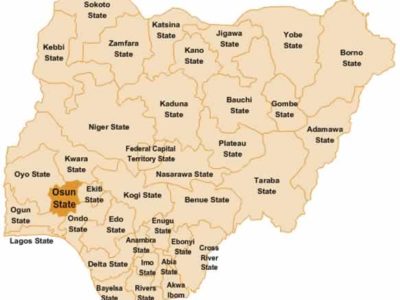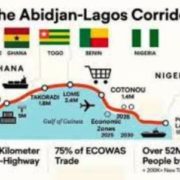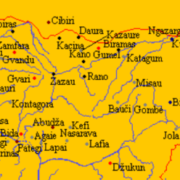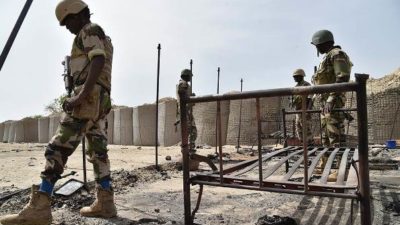A majority (62%) of citizens say violence against women and girls is a “somewhat common” (35%) or “very common” (27%) occurrence in their community.
Gender-based violence is the most important women’s-rights issue that Angolans want the government and society to address, many citing it as a common problem in homes and communities, according to the latest Afrobarometer survey.
A majority of citizens say it is never justified for men to use physical force to discipline their wives, and most say gender-based violence is a criminal matter that requires the involvement of law enforcement authorities, rather than a private affair that should be handled within the family.
But half of Angolans say that a woman is likely to be criticised, harassed, or shamed if she reports gender-based violence to the authorities.
Key findings
- Nearly one-quarter (23%) of Angolans see gender-based violence (GBV) as the most important women’s-rights issue that the government and society must address.
- A majority (62%) of citizens say violence against women and girls is a “somewhat common” (35%) or “very common” (27%) occurrence in their community.
- More than two-thirds (69%) of Angolans say it is “never” justified for a man to use physical force to discipline his wife. Three in 10 consider it “sometimes” (20%) or “always” (9%) justified.
- About half (49%) of respondents consider it “somewhat likely” (23%) or “very likely” (26%) that a woman who reports GBV will be criticised, harassed, or shamed by members of the community.
- But a majority (59%) of citizens believe that the police are likely to take cases of GBV seriously.
- Two-thirds (67%) of Angolans say domestic violence should be treated as a criminal matter, rather than as a private matter to be resolved within the family.
Afrobarometer surveys
Afrobarometer is a pan-African, non-partisan survey research network that provides reliable data on African experiences and evaluations of democracy, governance, and quality of life. Eight survey rounds in up to 39 countries have been completed since 1999. Round 9 surveys (2021/2022) are currently underway. Afrobarometer’s national partners conduct face-to-face interviews in the language of the respondent’s choice.
The Afrobarometer team in Angola, led by Ovilongwa – Estudos de Opinião Pública, interviewed a nationally representative sample of 1,200 adult Angolans between 9 February and 8 March 2022. A sample of this size yields country-level results with a margin of error of +/-3 percentage points at a 95% confidence level. A previous survey was conducted in Angola in 2019.
To download the full publication, click here.


